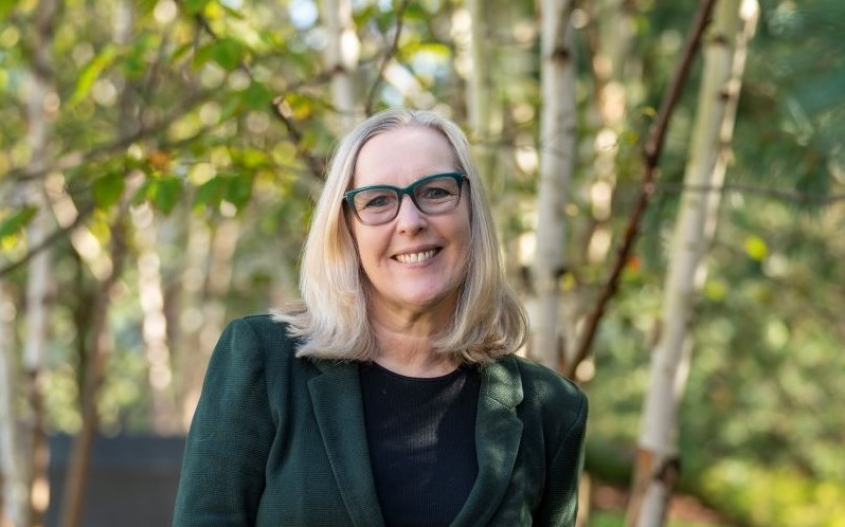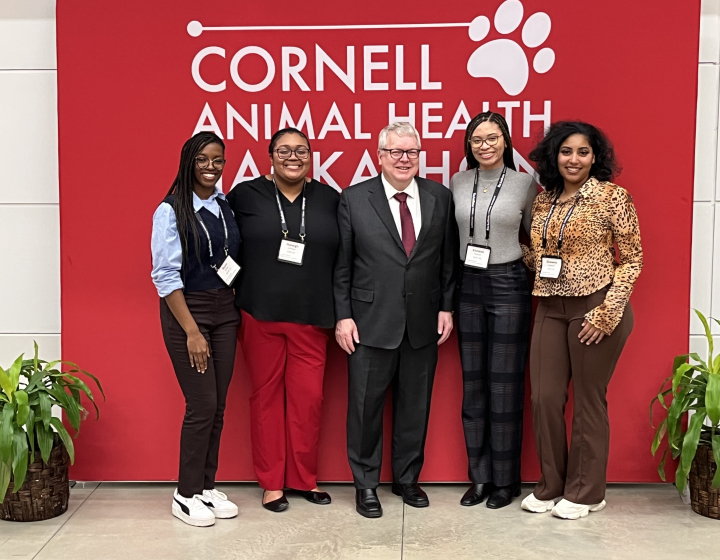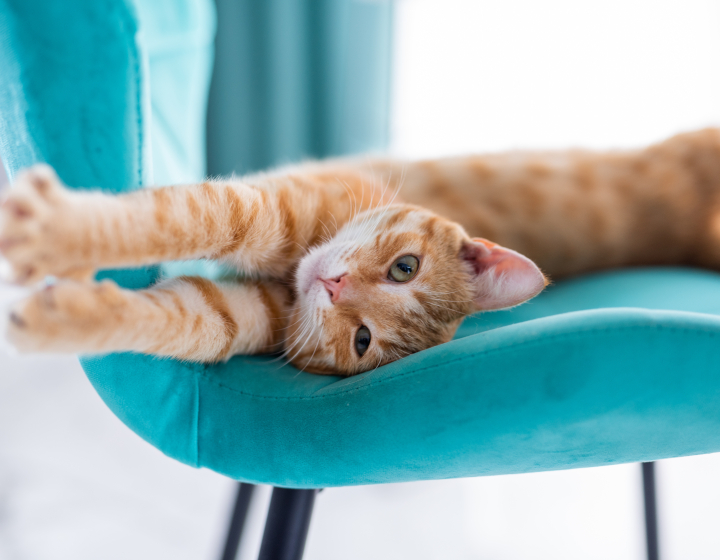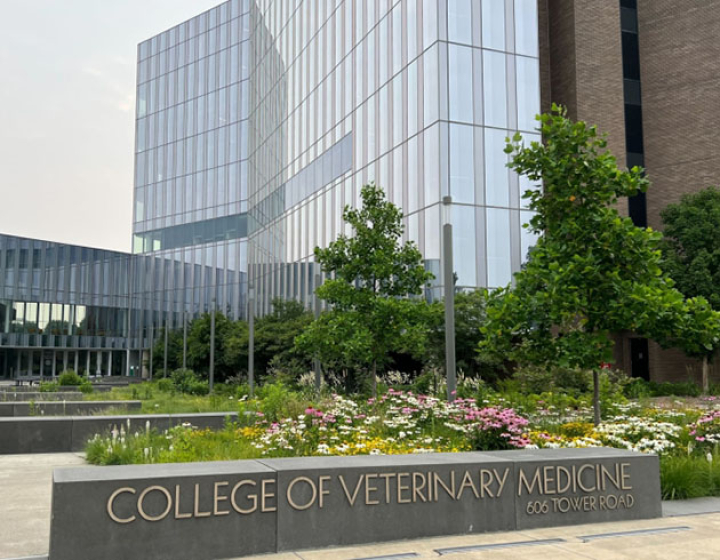Dr. Deborah Fowell begins second term as chair of the Department of Microbiology and Immunology
Dr. Deborah Fowell began her second term as chair of the Department of Microbiology and Immunology on October 1. This follows on the success of her first term as chair which began in 2020. “Since taking on the role, Dr. Fowell has provided thoughtful leadership, advancing the department’s research, teaching and service missions,” says Lorin D. Warnick, D.V.M., Ph.D.’94, the Austin O. Hooey Dean of Veterinary Medicine. “Her reappointment reflects strong support from faculty members, staff, and college leaders.”
Fowell came to Cornell from the University of Rochester, where she served as the dean’s professor in the University of Rochester Medical Center’s Department of Microbiology and Immunology. She received her Ph.D. in immunology from University of Oxford and completed postdoctoral training at Oxford’s Sir William Dunn School of Pathology and the University of California at San Francisco’s Infectious Disease Division.
During her first term as chair of the Department of Microbiology and Immunology, Fowell spearheaded a new strategic plan for her department, recruited early and mid-career faculty and oversaw the recognition of several faculty members for their teaching and research. She also fostered community and learning through activities such as a department-wide work-in-progress series for students and trainees to present their work to a multi-disciplinary audience, a peer-review process to maximize grant success within the department, and multiple cross-campus symposia.
In addition to her responsibilities as chair, Fowell is the director of the Cornell Center for Immunology, co-director of the Friedman Center for Nutrition and Inflammation and chair of the CVM BBS Oversight Committee. Her research focuses on understanding how the immune system functions at sites of inflammation and infection. She uses intravital multiphoton imaging to visualize cell-cell interactions in living tissues, uncovering new spatiotemporal regulation of T cell immunity that will shape the design of next-generation immuno-therapeutics.
“I am most proud of building community within the department,” says Fowell. “It’s a place where ideas are freely shared, discussion across differences are welcomed and respected, and the success of one is celebrated by all — and I look forward to building on this in my second term.”
Written by Lauren Cahoon Roberts






